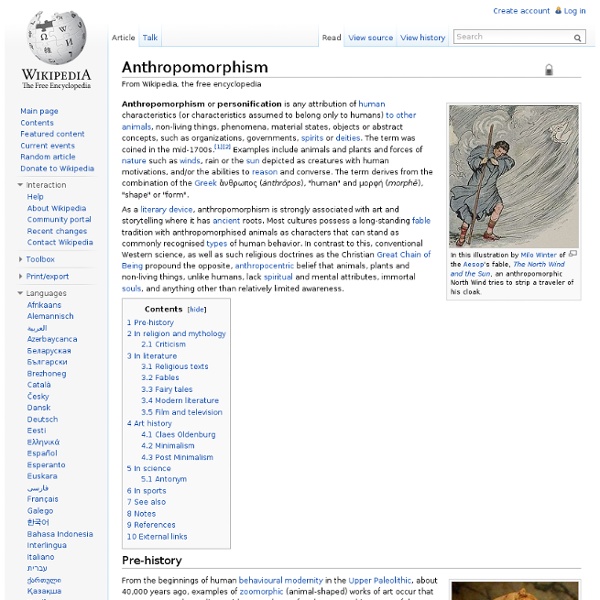Anthropomorphism

The Online Portfolio of artist Flora S. Bowley
A pathway to HEART. An opportunity for JOY. A time to be BRAVE. A healing for the SOUL. Film and edit by Zipporah Lomax Music by Kyrstyn Pixton Please stay awhile and explore… xo flora
코리아 인터넷 갤러리
Related:
Related:



